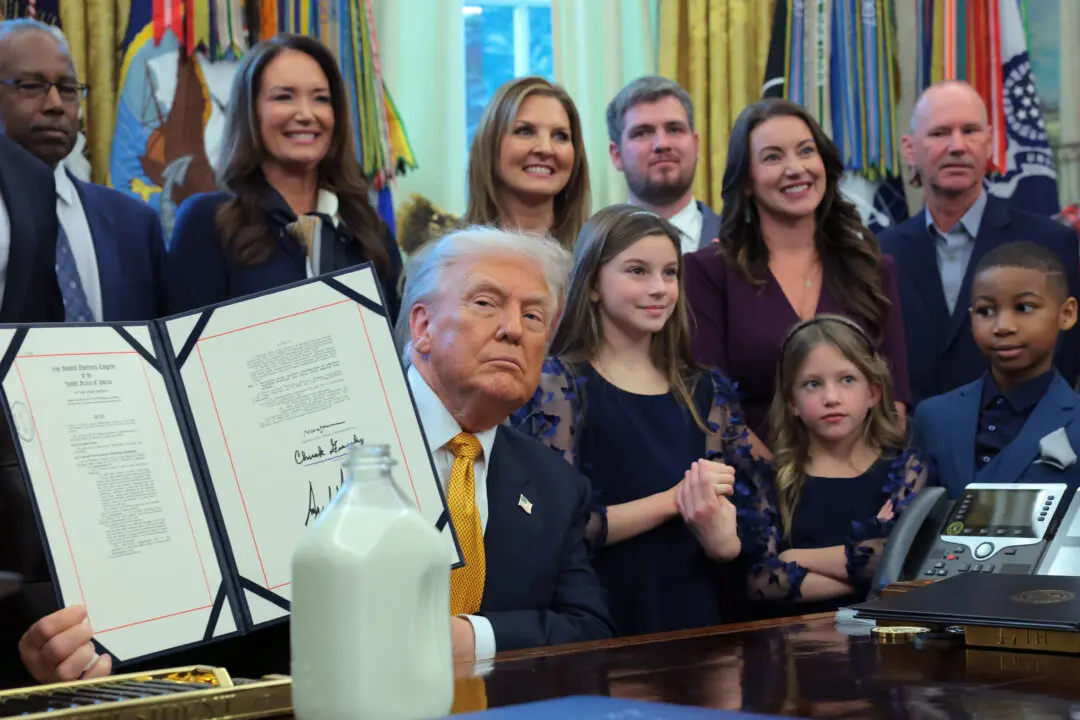Commentary
RICHMOND, Virginia—Some of the many overlooked but critically important offices in the American political landscape are the ones held by state legislators and members of general assemblies. These are the people who are most like us, the ones who live in neighborhoods close to ours, sit in the pews on Sundays and attend the local high school football games with everyone else.





